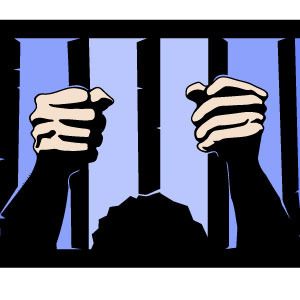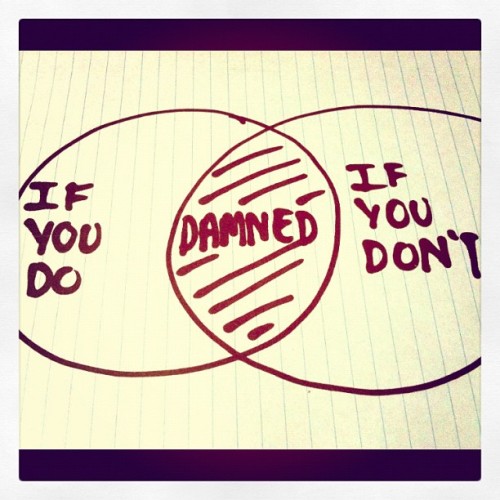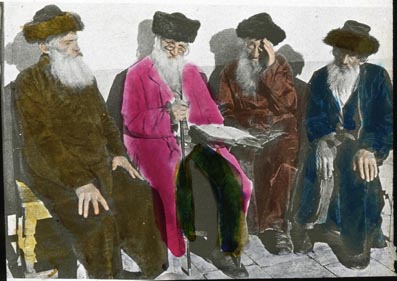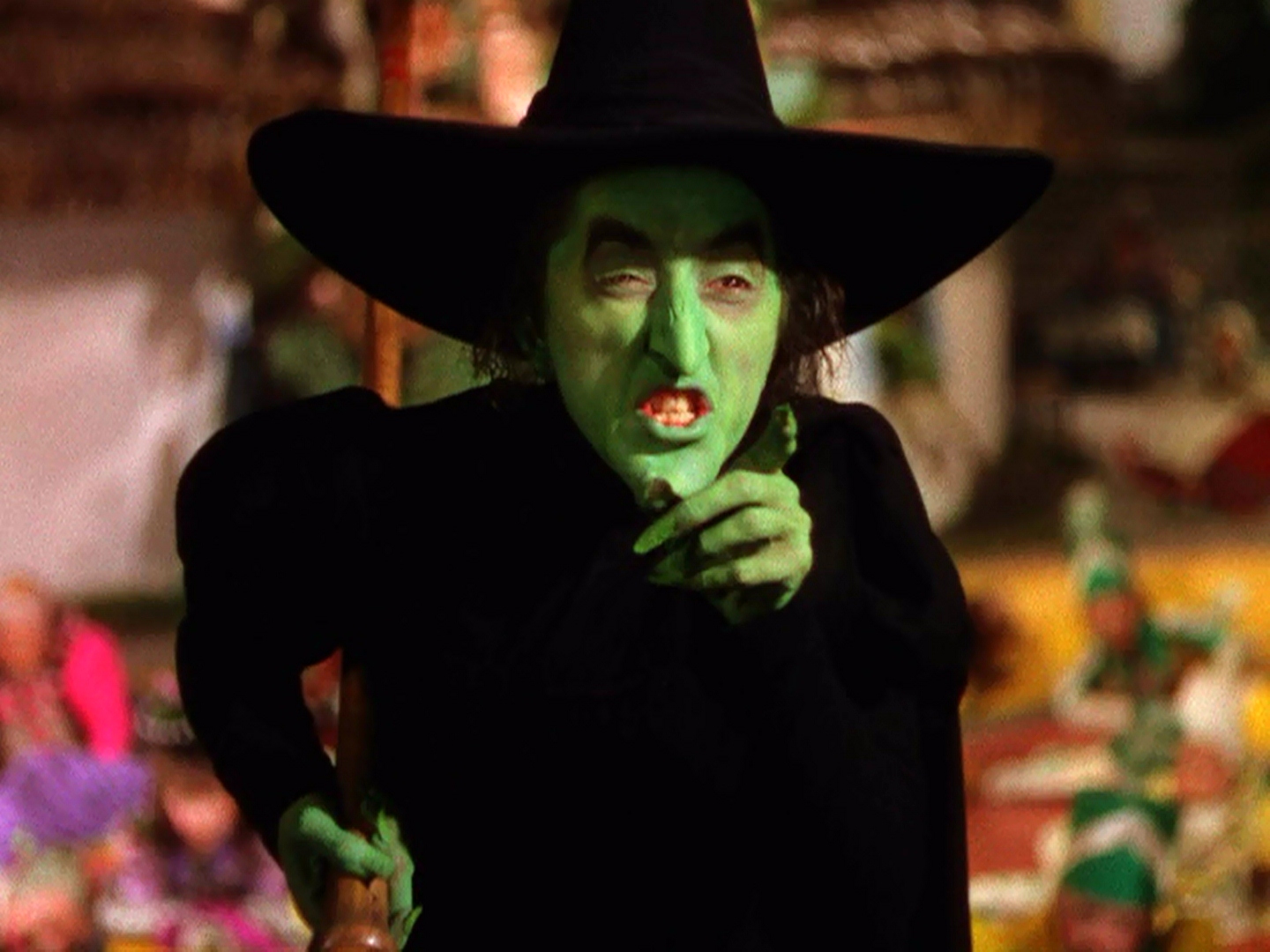Makos 11b (2)
Thanks to Eli Chitrik.
1- We continue our explanation of the novel idea of the Rogatchover pertaining to our Gemara about the conditional self-excommunication of Yehudah if he were not to return Binyomin to his father Yaakov:
His explanation is broad and encompasses the entire saga of the tug-of-war between Yosef and Yehudah in regard to Binyomin as the Torah relates in detail in Parshas Mikeitz and Vayigash.

Yehuda pleads for Binyomin
Briefly, these two giants, Yosef and Yehudah were fighting not just for the custody of Binyomin, but also and primarily for setting the stage for the future of the Jewish people.
The Gemara in Zevachim explains that the Mizbe’ach, the one in Shiloh and in the Beis Hamikdash, was located in the land of Binyomin. Whereas the Sanhedrin was in the land of Yosef at Shiloh and in the portion of Yehuda when in Yerushalayim.
If the Mizbe’ach were indeed to have been located in the portion of Yehuda in the Beis Hamikdash, the Gemara says, it would have never been destroyed.
The Rogatchover explains that the Sanhedrin symbolizes Torah and the Mizbe’ach the ‘Avoda’. Had both the Sanhedrin and the Mizbe’ach been located in the portion of one of the Shevotim (as opposed to being split in two – symbolizing division) there would not have been any Golus. Jews would have lived forever in Eretz Yisroel never having to suffer the tribulations and suffering of exile.
The two brothers, Yosef and Yehudah were struggling to ‘control’ Binyomin. It was their will to unite what they symbolized, Torah, with what Binyomin symbolized, Avodah. It was to be a perfect and eternal union.
In the Rogatchover’s words “it would have been Torah u’Gedula b’mokom echad. However the Cause of All Causes made it so that this unity should not occur until Moshiach may he arrive speedily.”
It was therefore ordained that Binyomin should refuse to subjugate himself to either Yosef or Yehudah. He declared his independence and his unwillingness to bond with either.
He manifested this independence by returning to Eretz Yisroel not with Yehuda as his chaperon, but as an independent son of Yaakov. He returned on his own.
So ultimately Yehudah did not return Binyomin. He didn’t fulfill his obligation and therefore Yaakov could not nullify the excommunication self imposed by Yehuda.
יח ויגש אליו יהודה עמ”ש בזה בהך דזבחים דף קי”ח ע”ב א עיקר הדבר דיוסף רצה שהוא יהי’ עיקר לבנימין, דגם בזמן שילה הוי עיקרבחלקו של בנימין.
ואז אם הי’ תורה עם עבודה במקום אחד הוי קיים.
וכן יהודה רצה זה. אך שניהם לא הועילו כי בנימין לא הסכים רצון הבורא כן שיהי’ גלות אחר גלות עד משיח במהרה ואז יתגבר מבני יהודה משיח בן דוד אי”ה
2- We continued learning about the “imprisonment” of the Shogeg killer in the Arei Miklot. The Mishna states that unless the Kohen Gadol dies, he may not leave under any circumstance. Not for any Mitzvah and “even if the entire Jewish nation needs him he may not leave”. Meaning that even if he is warrior whose capabilities would save Klal Yisroel still he would not be permitted to leave.
The questions asked by many commentators is that there is a general rule that to save a single life one must transgress all but three Mitzvos. (a”z, g”a, and s”d) and So why is this imprisonment so strict that would go against this principal? He should be obligated to leave his city and fight the necessary battles to save lives!

Many and various answers are given. For example: His leaving the Orei Miklot puts his life at risk by exposing himself to the Goel Hadam. One is not obligated to put his life at risk for saving another. Others say that no salvation can come from such a person to begin with.
The Rebbe addresses the various answers and comes up with an original explanation basing himself on the Rambam who states this rule of the Shogeg never being allowed to leave his city of refuge. Interestingly the Rambam adds a few perplexing words: By leaving, he (the Shogeg killer) allows himself to be killed.
The Rambam, says the Rebbe, is saying that a person is such a situation, should he step out of the Arei Miklot with a Goel Hadam waiting for this to happen, is technically considered a dead man!
Thus the Torah cannot obligate him to leave as the Torah does not give instruction to humans (even in a case of national Pikuach Nefesh) that will cause them to become technically dead….
Gut Shabbos.
LIK”S 38, 130.








![[kohen+gadol.jpg]](http://4.bp.blogspot.com/_UfhW5hzhyQc/Rp_P8w-_fKI/AAAAAAAAAHs/6HJlFfrE9xk/s1600/kohen%2Bgadol.jpg)




